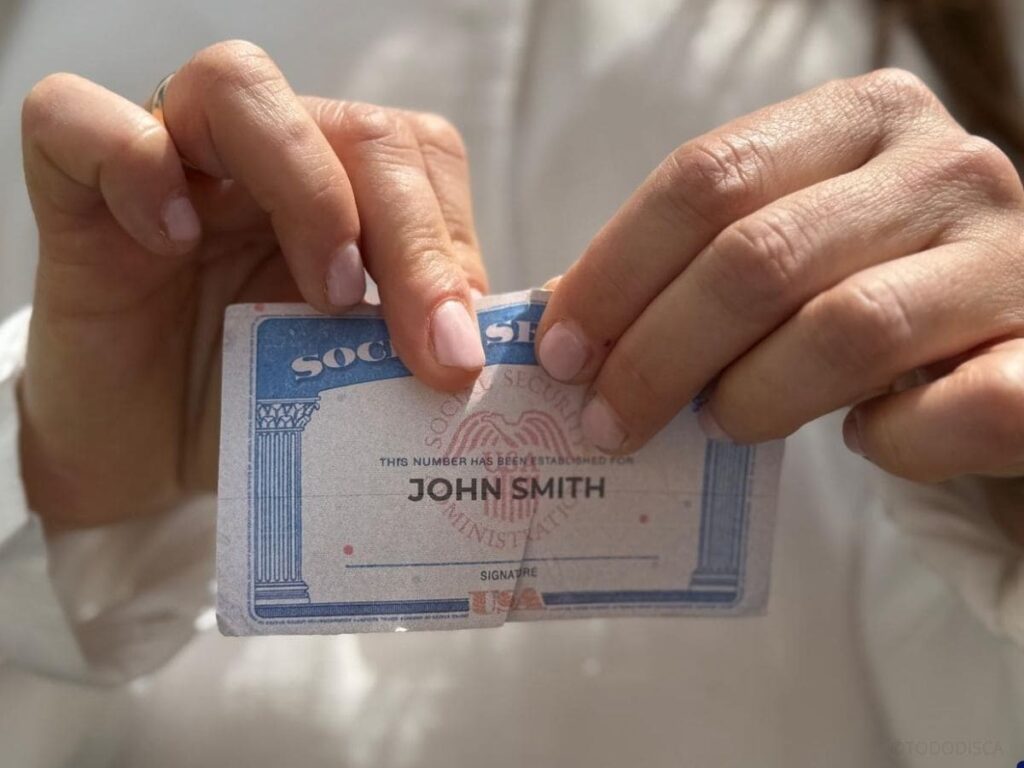Social Security in the United States has become essential to the economic stability of millions of people. From those who have already retired to those living with disabilities or depending on the SSI program, these payments are the monthly support that allows them to cover basic needs such as housing, food, and health care.
In the specific case of retirees, the monthly check represents the result of decades of work and contributions to the system. Therefore, losing that benefit without prior notice can be a real nightmare. And although the Social Security Administration is usually clear about its procedures, there are situations in which payments may be suspended temporarily or even indefinitely. The important thing is to know the program rules well and avoid mistakes that could cause us to lose a benefit we have worked for our entire lives.
2 reasons why Social Security stops paying
Although the reasons for suspending a check may vary, there are two main causes that recur most frequently among age-based retirees:
- Returning to work and exceeding the allowed income limit: Many retirees decide to return to the workforce, either part-time or in temporary jobs. However, if you have not yet reached full retirement age and your income exceeds a certain annual threshold, Social Security may temporarily reduce or suspend your check. This limit changes every year, so it’s a good idea to check it before accepting a new job.
- Errors in personal information or unreported changes: Any changes in your situation that you have not reported to Social Security may affect the delivery of your check. For example, if you changed your address, opened a new bank account, or your marital status changed and you did not notify Social Security, you could face a suspension of payments due to inconsistencies in the system.
It is important to note that suspension is not always permanent. In many cases, simply correcting the information or providing the required documentation is enough to resume payments. However, the delay can last weeks or even months, and during that time, no retroactive checks are issued if the rules were not previously followed.
Avoiding these problems involves staying informed and in constant communication with the SSA. Local Social Security offices are available to answer these types of questions, and many services can also be accessed from the official website.
Beyond these two main reasons, there are also other less common situations, such as ongoing legal proceedings or conflicts with other federal agencies, that can affect payments. But in general, as long as you maintain transparency with the administration and do not exceed the established income limits, your benefits should continue without any problems.
Payments to supplement Social Security
When the monthly Social Security check is not enough to cover all expenses, there are other forms of financial support available to retirees. One of the best known is Supplemental Security Income (SSI), which provides additional payments to people with low incomes, even if they already receive retirement benefits.
There are also state and local programs that help cover electricity, food, or transportation bills. In addition, some retirees may be eligible for the Supplemental Nutrition Assistance Program (SNAP), which provides monthly help to buy food.
Considering all these possibilities can make the difference between living on the edge or with a little more peace of mind. Ultimately, your Social Security check is important, but it is not the only resource available to retirees in the United States.
